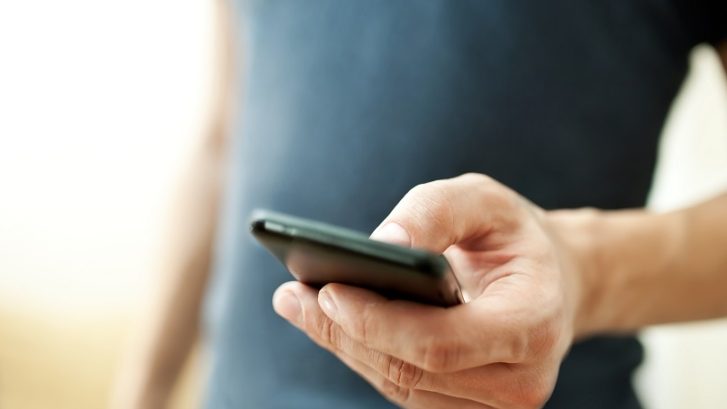Is Your Cellphone Dangerous?
Given the ubiquitous use of cellphones, it’s not surprising that your concierge primary care doctors in Jupiter, at MD 2.0, should hear frequent questions about the dangers associated with them. These questions naturally increase following such news reports as this week’s warning by the California Department of Public Health (CDPH) regarding cellphone safety.
“We recognize that there are a lot of people in the general public that have some concerns about their cellphones and whether using a cellphone is safe,” said Dr. Karen Smith of the CDPH.
No wonder. Over the last decade, cellphone use has been blamed for, among other ills, hearing impairment, headaches, sleep disturbances including insomnia, lower sperm counts or less-active sperm, behavior, learning, or memory problems, and brain and salivary gland tumors.
Forbes Magazine notes that the risk may be even greater for children because their bodies are smaller (meaning that the same amount of radiofrequency [RF] may affect a greater proportion of their brains and bodies) and still growing (because RF could have a greater effect on cells that are changing and multiplying). “Moreover,” the magazine notes, “the earlier someone starts using a cellphone, the longer he or she may be exposed to RF.”
And the usual information resources have been unable to stem the controversy, with some stating conclusively that there are no risks involved in cellphone use, and others cautioning that there might be.
For example, the World Health Organization (WHO) in 2011 classified RF radiation as “possibly carcinogenic to humans.”
But in 2015, Popular Science magazine flatly stated that “testicles and brains are both totally unharmed by phone radiation,” and that “[i]f we’re avoiding cellphone radiation, we should also avoid coffee,” which it notes has also been flagged as “possibly carcinogenic.”
The National Cancer Institute (NIH) agrees, writing, “A limited number of studies have shown some evidence of statistical association of cellphone use and brain tumor risks, but most studies have found no association.” It goes on to list a host of medical organizations that tend to agree, from to the U.S. Centers for Disease Control and Prevention (CDC) to the European Commission Scientific Committee on Emerging and Newly Identified Health Risks.
On the other hand, CBS News reports on a study released last year by the U.S. National Toxicology Program which linked RF radiation to a higher risk of two cancers in male rats, prompting the American Cancer Society (ACS) to comment, “Importantly, the study found a ‘dose/response’ effect: The higher the dose, the larger the effect, a key sign that this association may be real.”
And Dr. Sanjay Gupta of CNN noted that it may take decades to determine what cellphones do to your brain and body.
Dr. Joel Moskowicz of UC Berkeley told CBS San Francisco, “Currently we’re not doing a good job in regulating radiation from these devices. In fact, we’re doing an abysmal job.”
He was the person responsible for prompting the CDPH to issue its warning now, having sued the group in 2009 to force release of the information regarding the dangers of cellphone use. The suit was settled this Spring.
Unfortunately, no study has been able to definitively determine one way or another whether cellphones pose a risk to human health. The studies continue, and may one day provide conclusive results.
In the meantime, if you prefer to err on the side of caution, you can take steps to minimize your exposure to RF radiation from your cellphone.
“When you sleep, keep the cellphone at least arm’s length away from your body,” advises CDPH’s Smith. She also advised not carrying your cellphone in your pocket. Instead, keep it in your purse, backpack, briefcase—in other words, not in direct contact with your body.
Other precautions the CDPH guidelines recommend:
- Using the speakerphone or a headset instead of pressing it to your ear.
- Reducing cellphone use when the signal is weak (one or two bars), because the device pulls in more RF power to compensate.
- Reducing the use of cellphones to stream audio or video, or to download or upload large files.
- Keeping the phone away from the bed at night.
- Removing headsets when not on a call because headsets do release a small amount of RF.
- Texting vs. speaking on the phone.
If you have any questions about this or any other health issue, do not hesitate to contact us.

